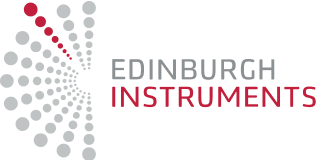PCET 2018
In June, Edinburgh Instruments’ Applications and Technology Scientist, Ian Stanton, Ph.D, was delighted to attend the 2018 Proton Coupled Electron Transfer (PCET) Conference at the Chetola Resort in the scenic Blue Ridge Mountains of North Carolina, USA.
The event featured talks and posters from world renowned Professors and their students who came from North America, South America, Europe, and Asia. Each day was broken into sessions and posters, with PCET topics ranging from synthesis, catalysis, biology, materials, and notably photochemistry.
Excited-State PCET and Photochemistry
Ian participated during the Excited-State PCET and Photochemistry session and presented on the use of our LP980 turn-key nanosecond transient absorption (flash photolysis) spectrometer. The goal of the talk, titled “Utilising a Turn-Key Nanosecond Transient Absorption Spectrometer to Observe Photo-Induced Electron Transfer Processes; The Edinburgh Instruments LP980,” was to first highlight the instrument’s mechanical and technological advances, and then to exhibit its use in current literature relevant to the measurements of PCET, electron transfer, energy transfer, and triplet states.
Photoinduced Transient Absorption
Photoinduced transient absorption is the study of the excited state absorption of a material after it is excited by light. For PCET and electron transfer, this allows one to directly observe the radical anion and cation spectrally after being excited by a laser, as well as measure the lifetime of the electron separation and back-electron transfer. This lends itself to study topics such as materials and optimisation of solar cells, protein signaling, and molecular wires.
Noted Articles utilising Edinburgh Instruments’ LP Spectrometers for PCET featured:
- Oliver Wenger’s Photosystem II Molecular Triad Mimic (J. Am. Chem. Soc. 2017, 139, 13308),
- Tom Meyer’s Ruthenium Catalysts on TiO2 surfaces (J. Am. Chem. Soc. 2013, 135, 11587)
Noted articles measuring triplet states:
- Jeffrey Rack’s platinum containing roller-wheel solar cells (J. Am. Chem. Soc. 2017, 139, 14109)
- Kenneth Hanson’s porphyrin to TiO2 triplet energy transfer (J. Phys. Chem. C, 2017, 121,19690).
The LP980
The LP980 is the world’s only turn-key transient absorption spectrometer that features a (i) high-energy pulsed probe source, enabling fast (<400 ns) transients to be easily observed, (ii) large sample chamber for cuvette, cryostat, diffuse reflection, thin-film, and quasi co-linear sample geometries, (iii) spectral and kinetic measurements with an ICCD and PMT, (iv) kinetic detectors up to 2500 nm, (v) multi-grating emission monochromator for broad range sensitivity, (vi) timed probe lamp shutter to minimize sample heating and eliminate PMT charging drift, and (vii) all-inclusive software that controls the measurement, acquisition, data analysis and presentation. The further ability to integrate any laser NdYAG laser and OPO combination enables the LP980 to be adaptable to almost any sample a researcher would think of.
Edinburgh Instruments is pleased to work with such premier scientific groups featured in this article, and we look forward to working with our current and future customers to facilitate their photophysical and photochemical research measurements to the fullest extent possible. If we can assist you with any such requirements, please contact us. We’d be delighted to be of help.










